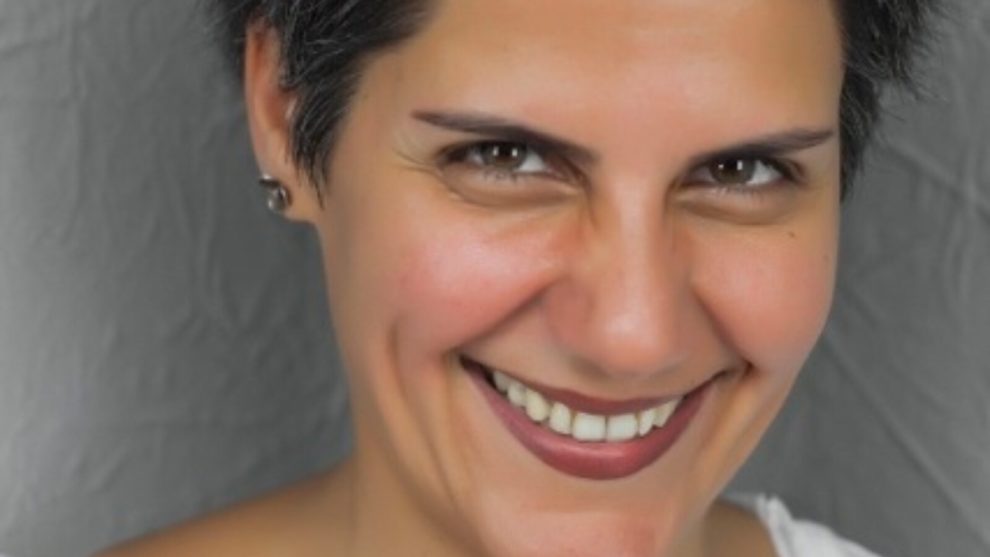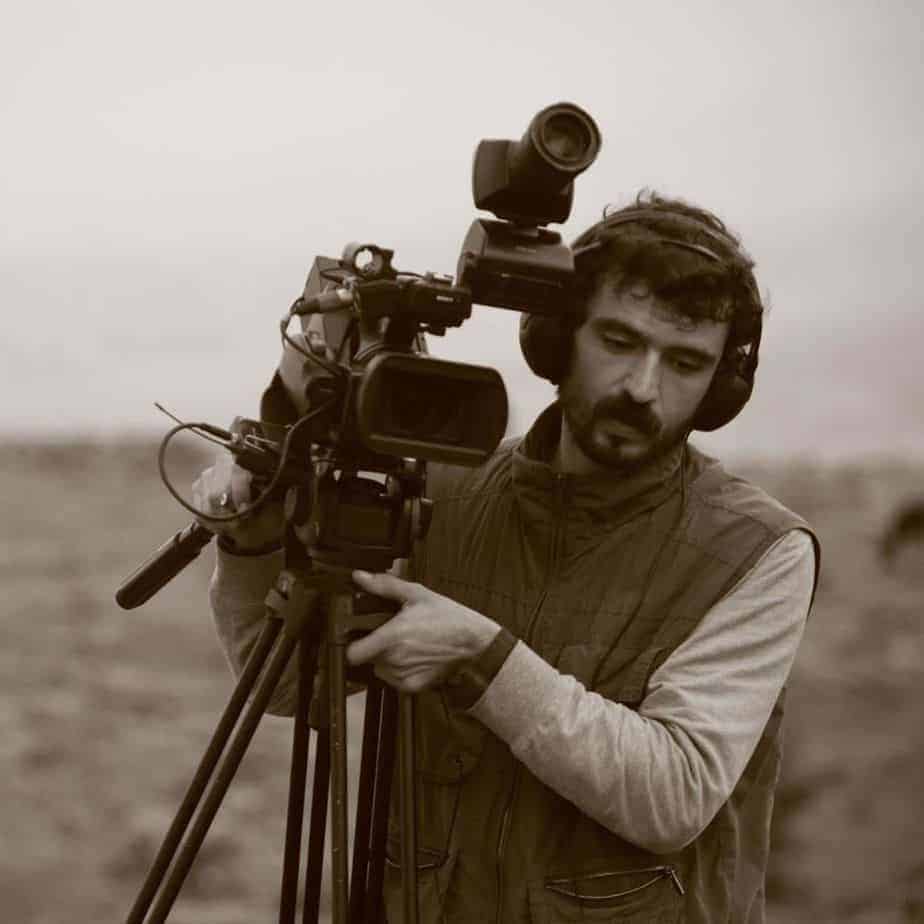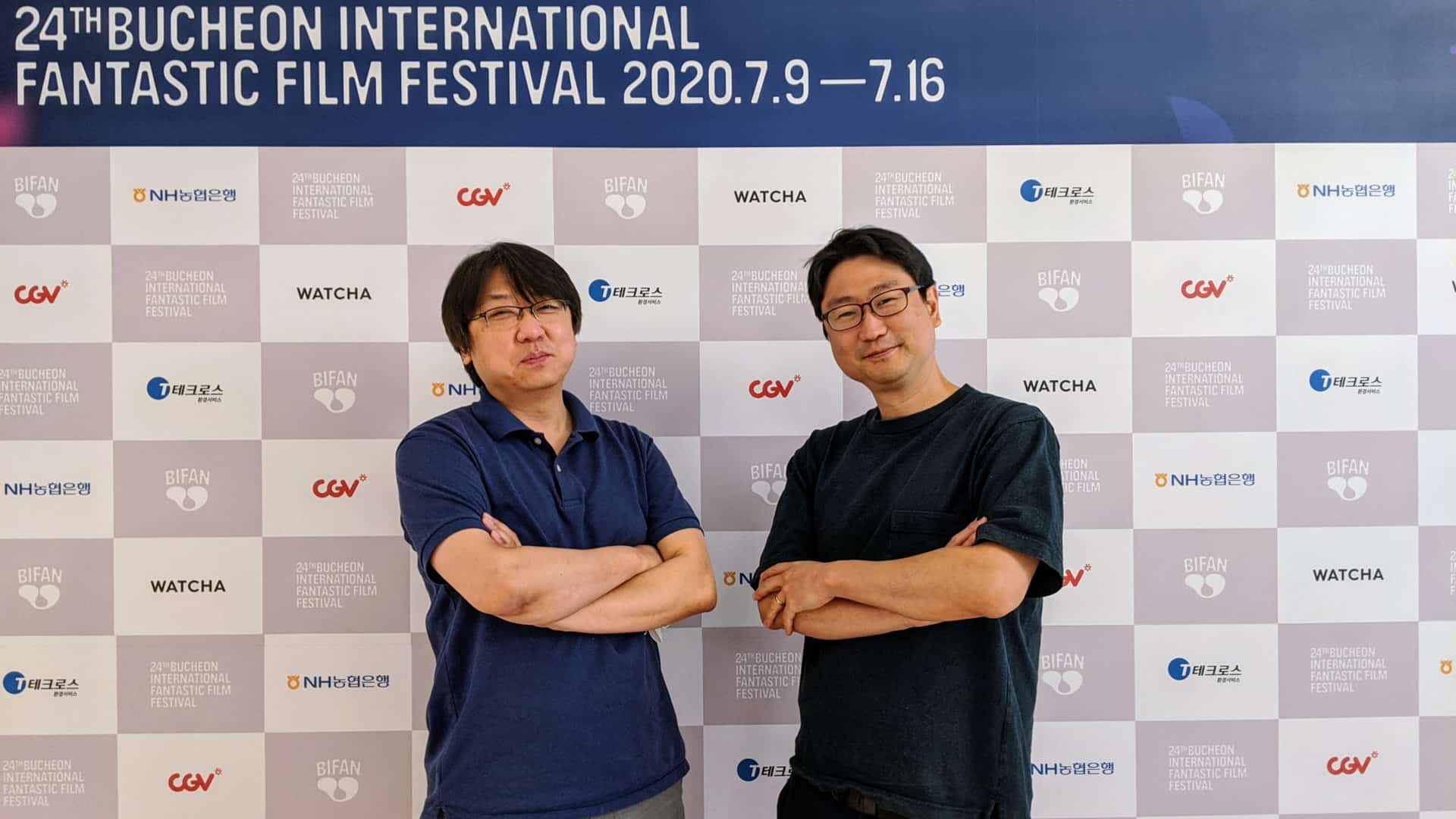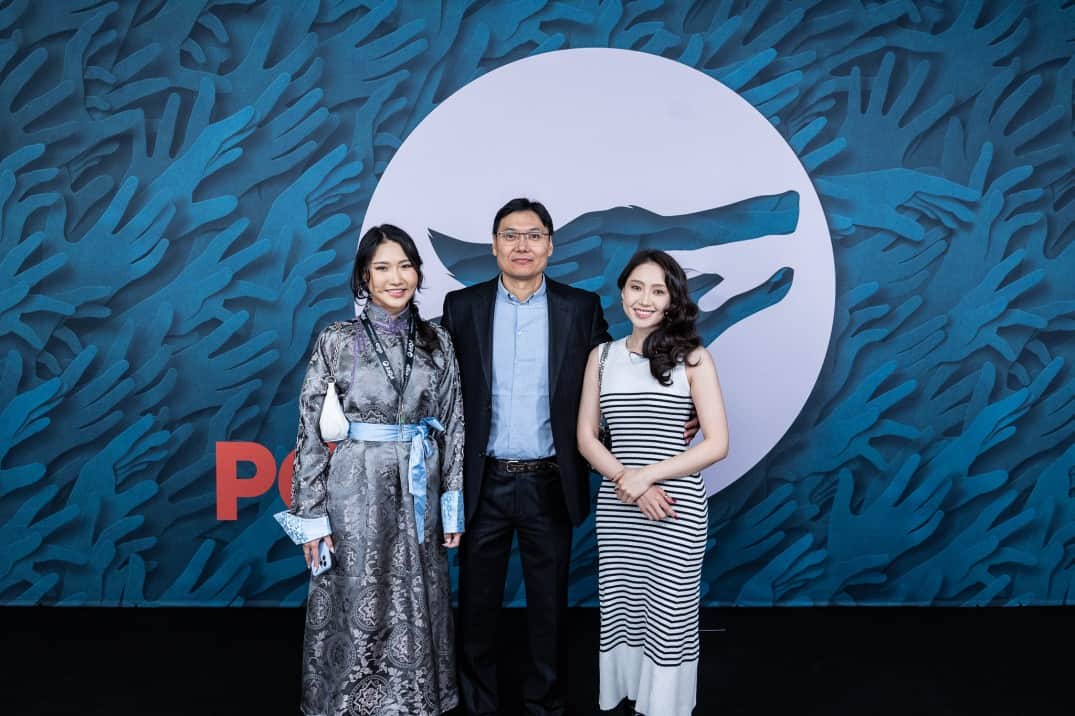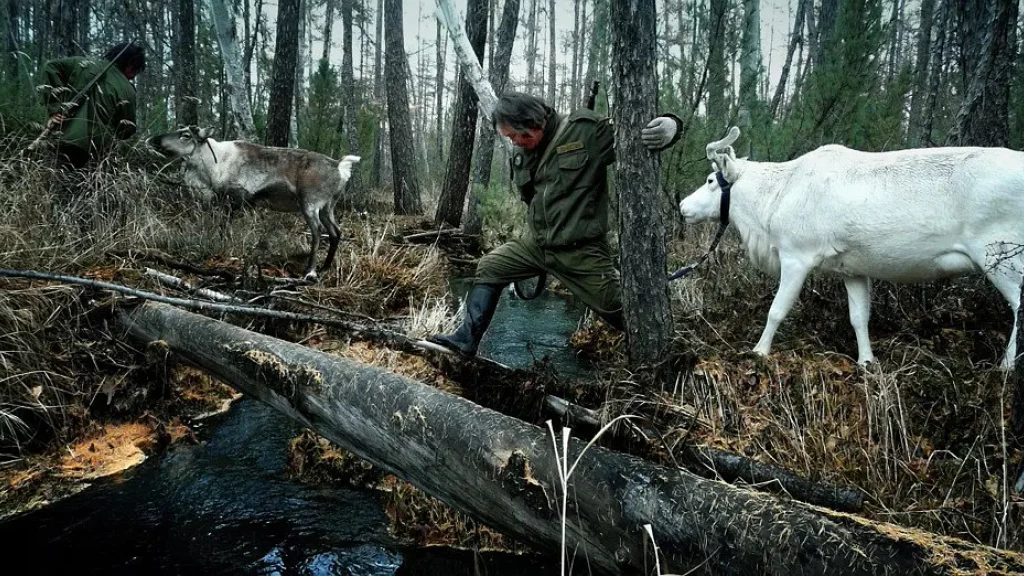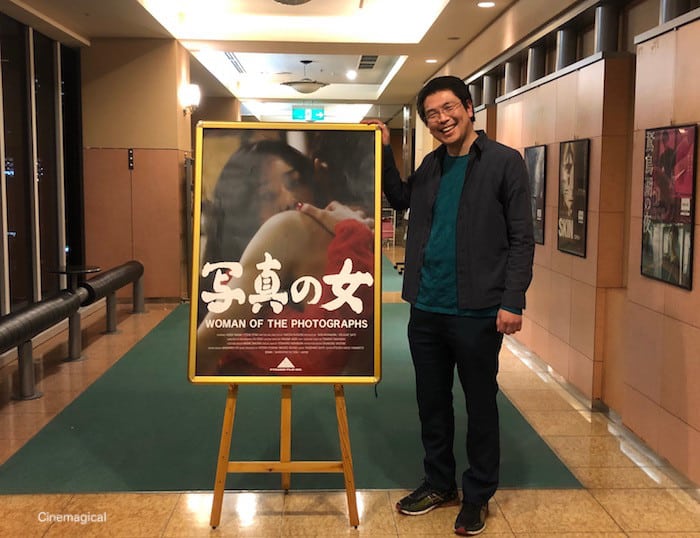Born in Tehran, Firouzeh Khosrovani finished her artistic studies at the Accademia di Belle Arti di Brera and made her debut “Life Train” in 2004. In 2007 she directed “Rough Cut”, a documentary about mutilated mannequins, where disturbing reproductions of the plastic female figure become a metaphor for the veiled Iranian woman. Her sixth film, “Radiograph of a Family” triumphed at IDFA 2020, winning the main award at the Competition for Feature Length Documentary and the Competition for Creative Use of Archive
On the occasion of the film screening at Thessaloniki Documentary Festival, we speak with her about shooting a movie about her family that functions as a metaphor for the history of Iran, the two different Irans, her mother's radical change after the Revolution, the alienation of her father, love and many other topics
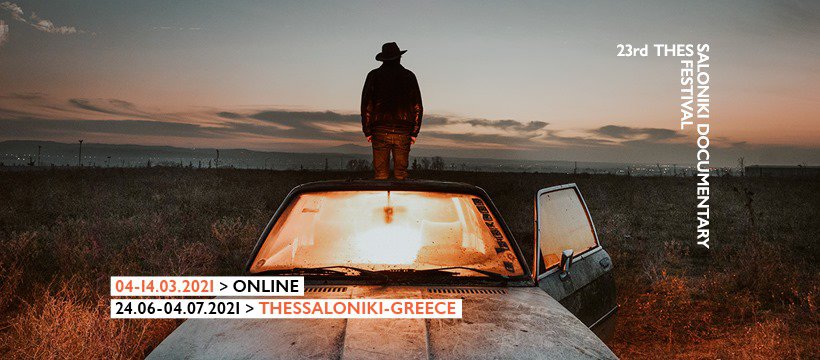
Why did you decide to shoot a film about this particular subject? What was your procedure in coming up with such a film?
It is a project that I have been thinking of for a long time, essentially it is a lifetime project, it is all my life. At first, I wanted to shoot a film based on the torn up pictures of our family album and then extend it to a bigger work. In the end, it became a metaphor, a reconstruction of the past. I actually painted around the missing parts of the torn up pictures of the family album, completing them with a kind of a child's imagination. At that point, I thought it had all the potential for me to work with it as an art project, and I knew it had a very strong visual impact. At the same time, I felt that the project contained very strong comments about many things, not just about my mother tearing up her memories of the past or the figures she did not recognize or has not legitimated because she changed with time. What changed in my mother's lifestyle is the reflection of a bigger event, it symbolizes that something also changed in our history. I wanted to have all the reflections of what was happening outside the house in one home, a very minimal and metaphoric narrative space.
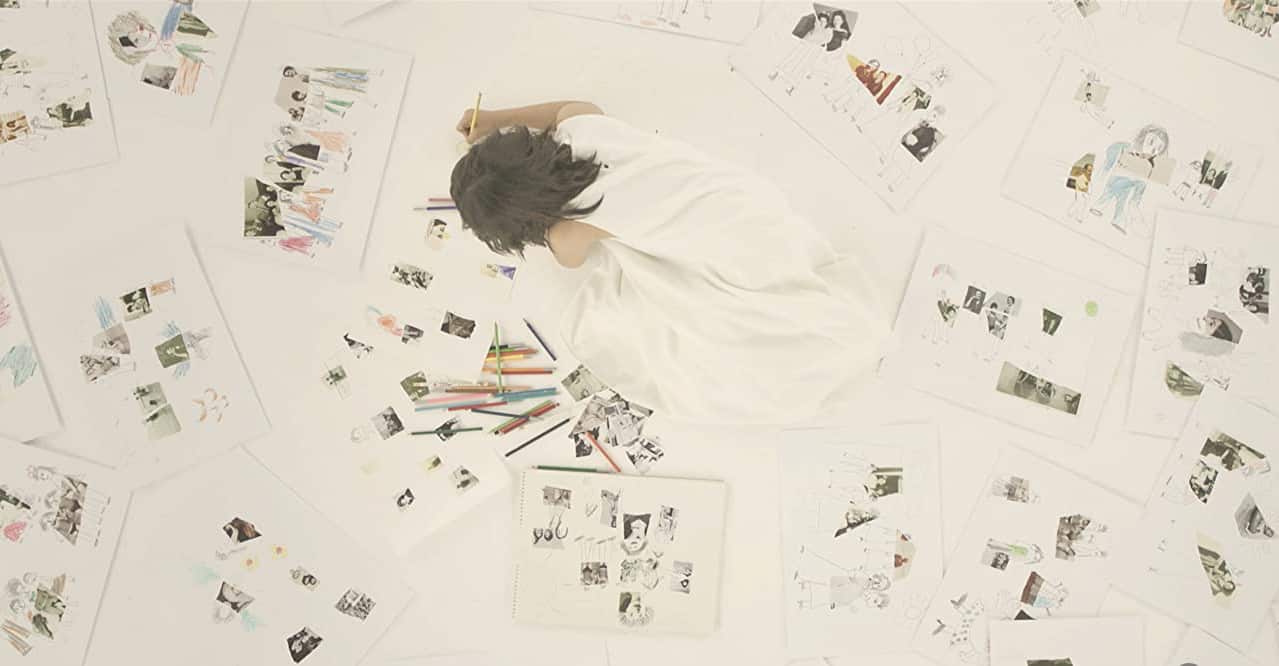
Would you say that shooting this film helped you come to terms with your parents' history, does it function as some sort of therapy for you?
Of course, since all the elements of my life, and dealing with my own parents as the protagonists of the film are included. Furthermore, I was trying to consider them as two characters of a narrative, two representatives, so I gave them additional attributes, even exaggerating in some parts, not dealing with them in a very realistic way. It was a story as well, so when I needed it, I emphasized certain points to give a more dramatic and cinematic aspect to the film.
The film includes so much archival material, photographs and videos for example. How did you manage to amass all these, and which ones did your parents actually own? How difficult was editing all these different elements?
They owned the photographs but the videos were found footage or archival, public images that I used for my family. It was really challenging editing the film and it lasted a long time. From the first, rough cut to the final cut it lasted for more than a year, maybe two years.
The voices of your father and mother are reenacted by voice actors. Can you tell me a bit about this approach?
My father is dead and my mother is old now, so I had to use voice actors. I tried to find appropriate voices for each of them and I did a casting as in a feature film, just to find them. The father's part was more difficult since I needed someone who could speak French, who could sing classical music, but in the end I managed to find Christophe Rezai.
The film shows two different Irans, particularly before the Revolution. The one your father and his family inhabited, which was progressive and westernized, and the one your mother and her family did, which was religious and traditional. Can you tell us a bit about these two so different settings?
It was always like this in Iran. Before the revolution and after and now, there is always traditionalism and modernism in the country at the same time.
So, since your parents came from such different backgrounds, how did they end up getting married?
It was love at first sight. It was a love story that was beyond any backgrounds and ideologies. When you fall in love you don't think much about the differences, maybe you think it will be fine when we live together.

Would you say that your mother's radical change after the revolution, was also some sort of reaction regarding the westernized ways she experienced in Switzerland, which for her must have seemed absurd?
Of course. All the sentiments, challenges and suffering she experienced in Switzerland, and the fact that she always felt out of place had an impact on her, so when she returned to Iran, and particularly after the revolution, she felt that she had returned back to her origins, her actual identity. That was the time she was at ease and it was a power that the system gave her: legitimacy and identity, both social and professional, and through this, she gained power. That change, of her becoming the “sovereign” of the house, is a metaphor regarding the group in Iran that got power after the revolution and became a sovereign in the country.
What was the opinion of her newly found comrades about your father?
It was very obvious that my father was isolated in the house, and essentially in the country, because a new force, a new tendency, a new ideology had become dominant, so he was marginalized after the revolution, like many many other people.
Did he ever considerer leaving, going back to Switzerland?
Yes, he was always thinking about it, but my mother did not want to go there, and the two of them were still pretty much in love. And for me and his job in Iran, he didn't want to quit the family.
So they stayed in love, even after this extreme switch in balance in their relationship?
Yes, this is another layer of the film, that despite all their differences regarding ideology and religion, life and love and family proved stronger.
The documentary seems to suggest that you were closer to your father, to his ideology and values let's say.
This is the reality of the film, what the film is telling you, because I created another reality in the film, the documentary is not utterly realistic. If you want to know, though, in reality, I was closer to my father's values and style of life. My relationship with my mother though, was and is very good.
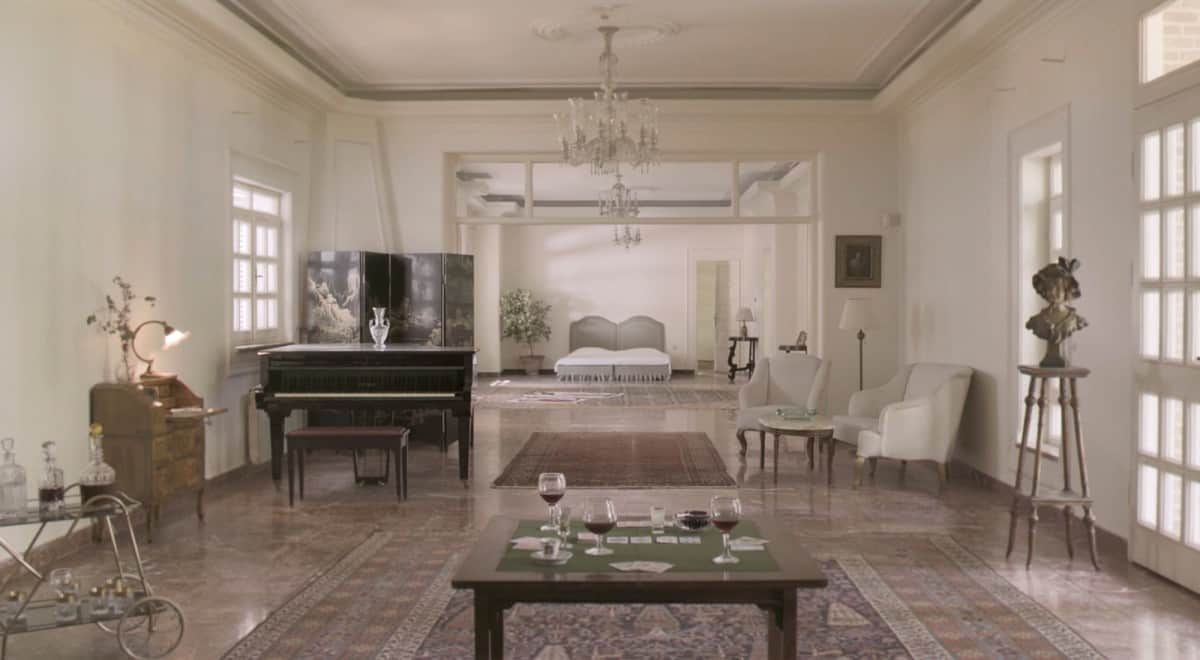
How did you experience the Revolution and the war in Iran as you were growing up?
My whole generation experienced these events, but the war (with Iraq) was far away from Tehran, so we did not experience it directly, but it was present, since it lasted 8 years.
What is the situation in Iran at the moment? And what about the movie industry?
It is difficult but we are optimistic that better days will come, particularly because the new generation is very bright and well-educated.
The movie industry is in a very good state, we have a legacy of very good cinema and is still in high fermentation, with new directors and the old generation. Abbas Kiarostami's influence in both art and cinema is still at large. Iran is a land of cinema.
Has your film screened in Iran?
No, due to the pandemic, but we hope to screen it in cinemas when the situation goes back to normality.
Has your mother and the rest of the family watched the film?
Yes, and they liked it very much.
Are you working on any new projects at the moment?
Yes, but it is still in the beginning so I cannot tell you the exact subject, because I am in the phase of giving birth to it. It will be something in the lines of the choice of leaving the country or staying in, emigrate or not, and the consequences of the new and young generations leaving the country in the last 42 years.


